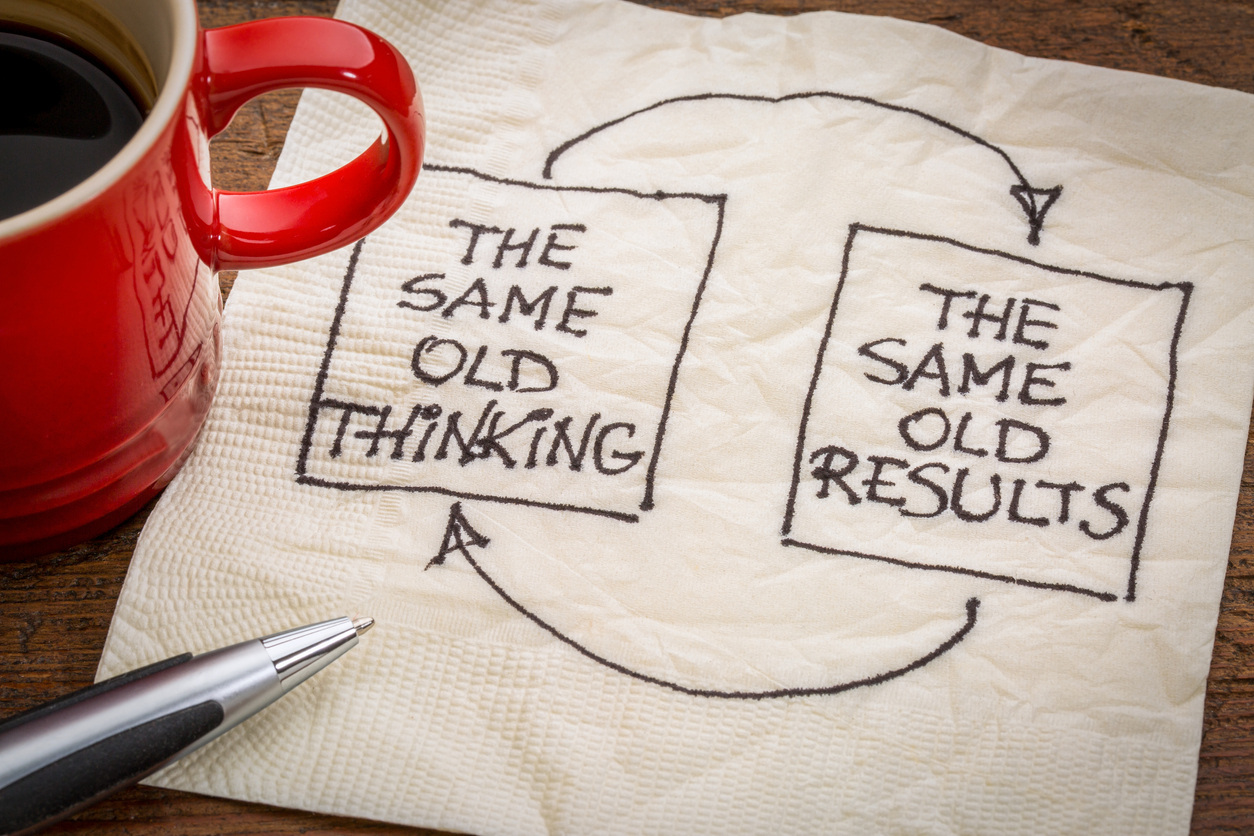
Stuck in the mud. Last week’s comeback in stocks stalled yesterday as investors turned their attention back to trade talks with China. Mixed signals about potential progress between the US and China kept bulls on the sidelines.
MY TWO CENTS
- Nothing but net. Trade talks between the US and China are expected to resume this upcoming Thursday when Chinese Vice Premier Liu is scheduled to visit the US. It seems rather redundant to mention it but I feel that I must. The trade war between the US and China has taken an economic toll on both sides. The Chinese economy has slowed significantly and GDP growth has hit new lows. Granted, the last Chinese GDP growth in Q2 was still +6.2% annualized, but the emerging economy has been more accustomed to an average growth rate closer to +10%, with peaks above +12%. A great deal of China’s growth in the decade preceding the financial crisis was due to its emergence as a low cost producer and net exporter. In the aftermath of the recession, China was able to sustain its economic health through massive expenditures in public development. Simultaneously, China’s tech industry was born which was largely focused on China itself. Think, Tencent, Alibaba, and Huawei. Sounds like the once emerging economy has, well, emerged. That said such growth in a developed economy is not consistently sustainable and China has found itself in the very position. Then came the tariffs which further put pressure on GDP growth. In the US, companies have been scrambling to work around the ever-tightening restrictions and tariffs that have been launched since the first shots were fired on Jan 22, 2018. The past few quarters of earnings have seen an increasing number of US companies cite trade concerns as a hinderance to earnings growth. With earnings season kicking off next week, analysts have paired their estimates based on weaker guidance provided by companies. A resolution to the trade war would be good for all sides but a favorable resolution seems more and more difficult to attain as the row between countries gets more complex. The Chinese have resumed their purchases of US soybeans giving some hope of a thaw, but the purchases are a practical matter. There still remain active tariffs, several proposed tariffs which have been delayed, and still others which are due to increase on October 15th. There is a blacklist of Chinese technology companies which is also hanging out there. Finally, last night WHILE YOU SLEPT the administration announced that it was placing eight Chinese companies on a new blacklist for violations of human rights. China’s response was: "stay tuned" for our retaliation. As if things could get any worse, the NBA is now caught up in the storm following a tweet by the Houston Rocket GM supporting the protests in Hong Kong. Reaction was swift as Chinese state TV stopped NBA broadcasts and private promotional deals were cancelled. Seems like we have seen this movie before as trade talks are already tripping before they start. Stay tuned.
- The zombie economy. Does a slowing economy always spell disaster? The simple answer is: no. The more complex answer is: it depends. Let’s start with the simple one first. While the most recent quarterly growth of 2% seems bad, it is actually quite normal. Sure it has been near 5% and even higher in past decades, but since the financial crisis average growth has settled in around 2.5%. A recession is defined by two consecutive quarters of negative GDP growth. But what does that actually mean to everyday folks? It really comes down to employment. Unemployment typically accompanies a recession. People out of work spend less thus confounding an already bad situation. Last Friday’s unemployment rate came in at 2.5%, the lowest since June of 1953. We have an accommodative Fed and global central banks have joined suit. Inflation remains low and retail sales continue to grow. Corporate profits continue to be solid, although their growth has slowed somewhat. Though economic growth has lagged, things don’t appear to be disastrous, which is confounding many economists. Now on to the complex answer. I hate to harp on it, but everything rests on the consumer. If consumers start to pull back on spending out of fear of a slowing economy and potential job losses, recession is inevitable. What does it mean for investors? Stocks typically fall during recessions which last on average for 1.5 years, but they typically skyrocket in the expansion years that follow. Some data points: the S&P 500 has risen +219% since the end of the last recession, they rose roughly +27 % following the 2001 recession, and +303% following the one in 1991(stocks actually rose through that recession). Though the economy has slowed it is possible that it may not lapse into a recession. If it does, history shows us that a long term focus pays off. Let’s go with the simple answer for now.
THE MARKETS
Stocks sold off yesterday as investors await trade talks between the US and China and attempt to decipher all of the mixed signals coming from both sides. The S&P500 dropped by -0.45%, the Dow Jones Industrial Average sold off by -0.36%, the Russell 2000 slipped by -0.19%, and the NASDAQ Composite Index fell by -0.33%. Bonds also gave up some ground and 10-year treasury yields climbed by +3 basis points to 1.55%.
WHAT’S NXT
- Small Business Optimism came in early this morning missing estimates at 101.8, down from last month’s 103.1.
- Producer Price Index ex food and Energy is expected to be at 2.3% year over year same as last month’s growth.
- Chicago Fed President Charles Evans and Minneapolis Fed Head Neel Kashkari will speak today. Fed Chairman Jerome Powell will speak at 2:30 PM EST.
- The Treasury will sell $33 billion 3-year notes.
- Dominos Pizza missed estimates by -0.8% this morning and we will hear from Levi Strauss after the bell.
.png)

